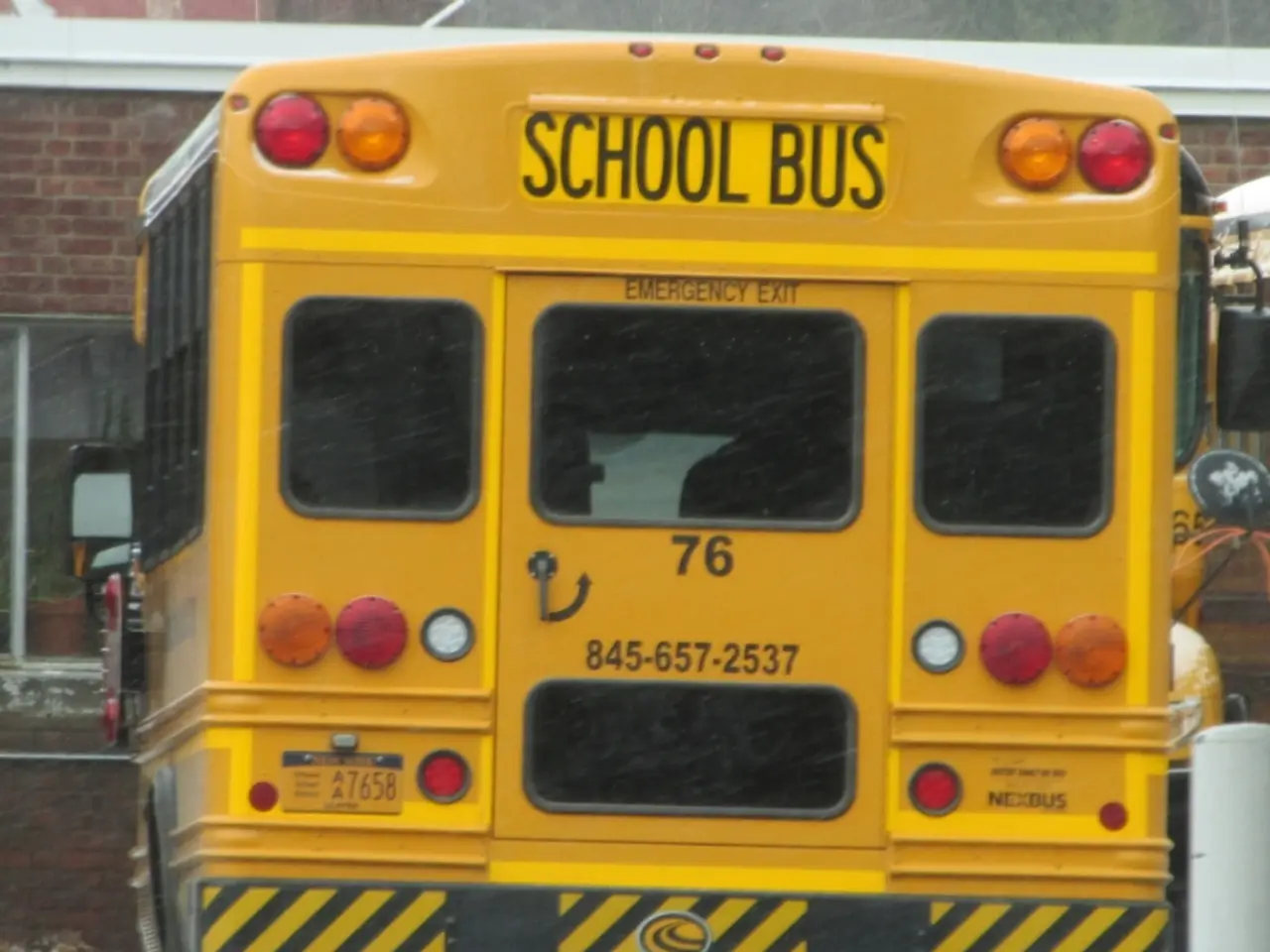Scholarship program now excludes pupils from nearly 49,000 private schools; Kindergarten Association voices objections
The Bangladesh Kindergarten Association (BKA) has announced a nationwide protest on 21 August, including a planned siege of the Directorate of Primary Education in Dhaka, demanding inclusion of kindergarten students in the national exam. This move comes as the Ministry of Primary and Mass Education has announced the reintroduction of the Primary Scholarship Examination in December 2025, an exam that was discontinued in 2009.
The decision to exclude non-government students has drawn criticism from teachers, guardians, and educationists. Many have demanded inclusive access to the exam, arguing that merit should not be restricted to government school students alone. This sentiment is particularly strong among those associated with non-government schools, such as Viqarunnisa Noon School or Ideal School and College, which have historically produced a high share of scholarship awardees.
The ministry, however, maintains that the scholarship exam is not discriminatory. They argue that kindergartens already hold separate exams for Classes Two to Five, which exclude government school students. The exam, they clarify, is exclusively for Class Five students of government primary schools, aiming to enhance education quality and provide financial support to disadvantaged children.
Repeated attempts to reach DG Abu Noor Md Shamsuzzaman, who could address concerns about discrimination, went unanswered. The Deputy Director (Law Cell) of the DPE's Policy and Operations Division, Mohammad Hossain Ali, acknowledged the exclusion but declined to comment on whether the decision was discriminatory.
The ministry emphasises that private school enrolment is voluntary and government education remains freely accessible, with no public-private partnership obligations influencing the policy. Despite this, nearly 49,000 non-government institutions, including around 6,134 private schools, kindergartens, NGO-run schools, madrasas, and other special institutions, will be barred from participation.
The BKA, in response, contested the decision by filing a writ petition with the High Court. On 4 August, the court asked the government to show cause within four weeks. The ministry now faces a critical test: uphold a policy many view as exclusionary, or adopt a more inclusive, transparent framework.
The Primary Scholarship Examination, scheduled between 21-24 December, will be mandatory for government school students only. The ministry states that the exam is a step towards improving the quality of education and providing financial support to deserving students. However, the question remains: will this policy stand the test of time, or will it face the wrath of those who believe in equal opportunities for all?
Read also:
- Understanding Hemorrhagic Gastroenteritis: Key Facts
- Stopping Osteoporosis Treatment: Timeline Considerations
- Tobacco industry's suggested changes on a legislative modification are disregarded by health journalists
- Expanded Community Health Involvement by CK Birla Hospitals, Jaipur, Maintained Through Consistent Outreach Programs Across Rajasthan







